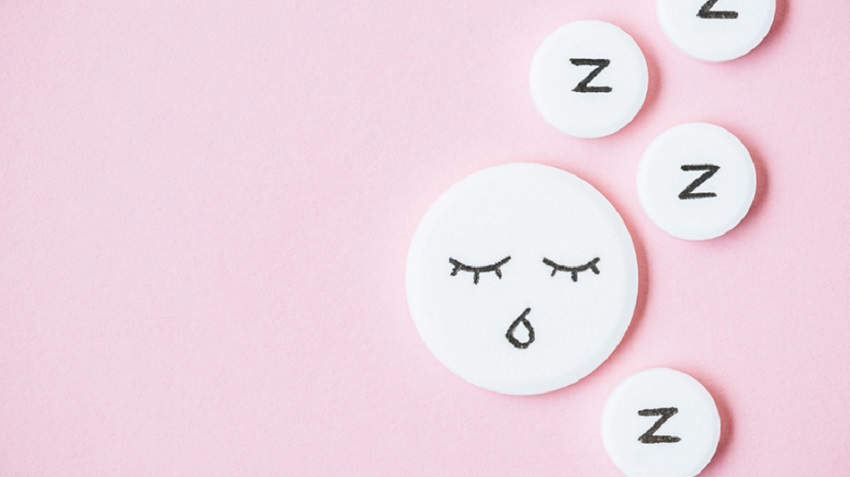if you struggle with ADHD, you know that sleep can be a nightly battle. Restful sleep is crucial for maintaining overall health and well-being, but ADHD adds an extra layer of the challenge when it comes to catching those elusive z’s. The good news is that with a better understanding of the relationship between ADHD and sleep, you can develop effective sleep hygiene habits to improve mental health. In this article, we’ll explore how ADHD affects sleep and share some practical strategies that can make a difference in the quality of rest you can achieve.
ADHD and Insomnia: A Complicated Relationship
One of the most common sleep problems experienced by individuals with ADHD is insomnia, which can manifest in various ways. Some people have difficulty falling asleep, while others struggle to stay asleep throughout the night. Additionally, the symptoms of ADHD can create disruptions in sleep cycles, leading to restless nights and daytime fatigue.
The reasons for this connection between ADHD and insomnia are complex and multifaceted. Factors like hyperactivity, racing thoughts, and anxiety often associated with ADHD can make it challenging to calm the mind and body for sleep. Furthermore, certain medications used to treat ADHD can also contribute to sleep disturbances.
Strategies to Improve Sleep with ADHD
Although the relationship between ADHD and sleep can be complicated, there are several strategies you can incorporate to help improve the quality of your rest:
1. Establish a Consistent Sleep Schedule
Creating a regular sleep schedule can be beneficial for individuals with ADHD. Going to bed and waking up at the same time every day, even on weekends, can help regulate your body’s internal clock and improve sleep quality.
2. Create a Relaxing Bedtime Routine
Developing a calming bedtime routine can help signal your body that it’s time to wind down and prepare for sleep. This routine may include activities such as reading, listening to calming music, or engaging in gentle stretches or deep-breathing exercises.
3. Optimize Your Sleep Environment
Make your bedroom a sleep sanctuary by optimizing it for relaxation and restfulness. Ensure the room is dark, quiet, and at a comfortable temperature. Consider using blackout curtains, a white noise machine, or fans to create an optimum atmosphere for sleep.
4. Limit Exposure to Screens Before Bedtime
Reducing exposure to screens – such as smartphones, tablets, and televisions – in the hour leading up to bedtime can help improve sleep. The blue light emitted by these devices can interfere with natural sleep hormones, making it more difficult to fall asleep.
5. Consult a Healthcare Professional
If you continue to have difficulty sleeping despite trying these strategies, consult a healthcare professional for ADHD in Chicago. They can provide further guidance on possible treatments or adjustments to your current treatments that may alleviate sleep issues.
Conclusion
Living with ADHD can make a good night’s sleep feel like an unattainable dream, but understanding the connections between ADHD and sleep disturbances can help develop strategies to improve your slumber. By implementing healthy sleep hygiene habits and seeking guidance from healthcare professionals, you can experience restful nights and better overall well-being.

